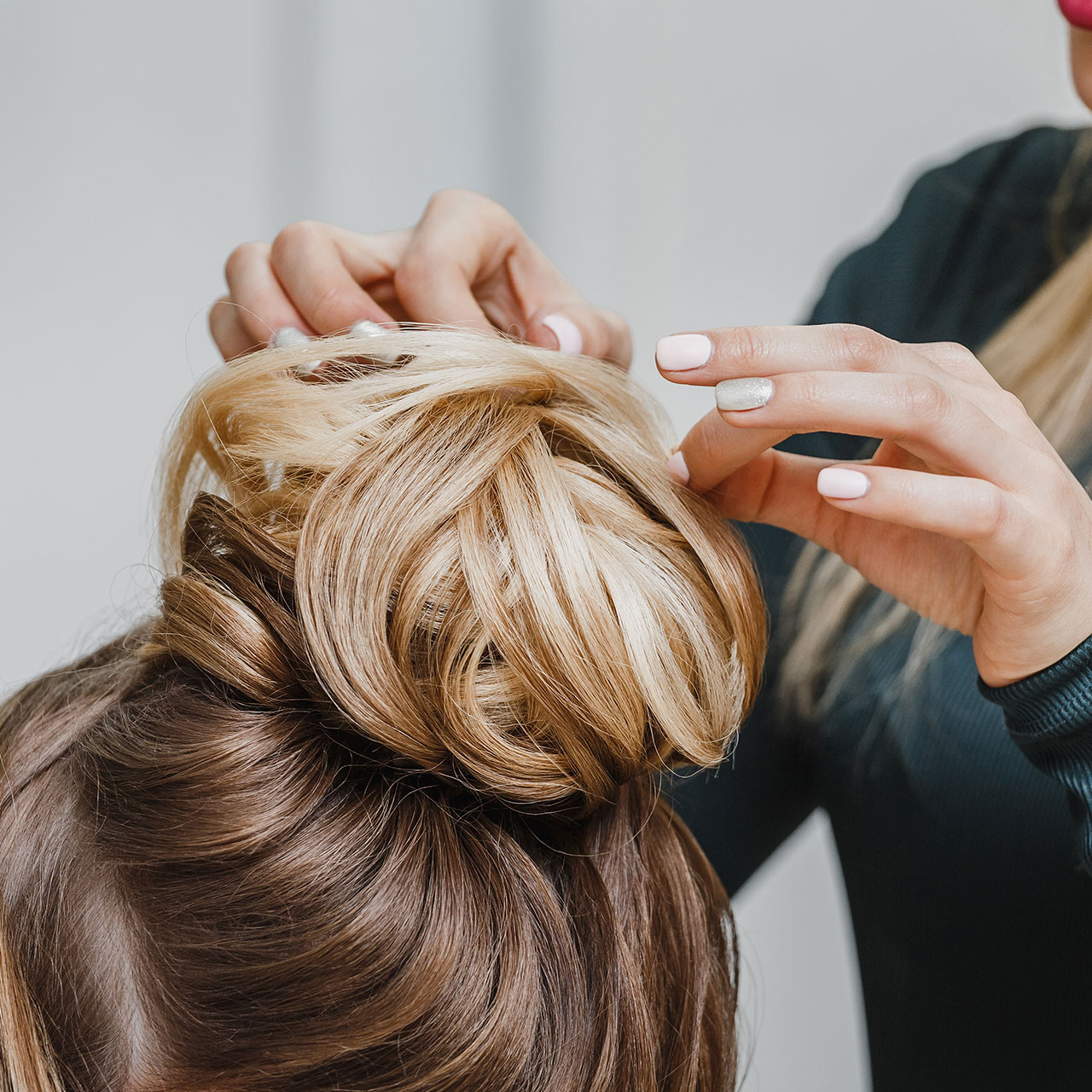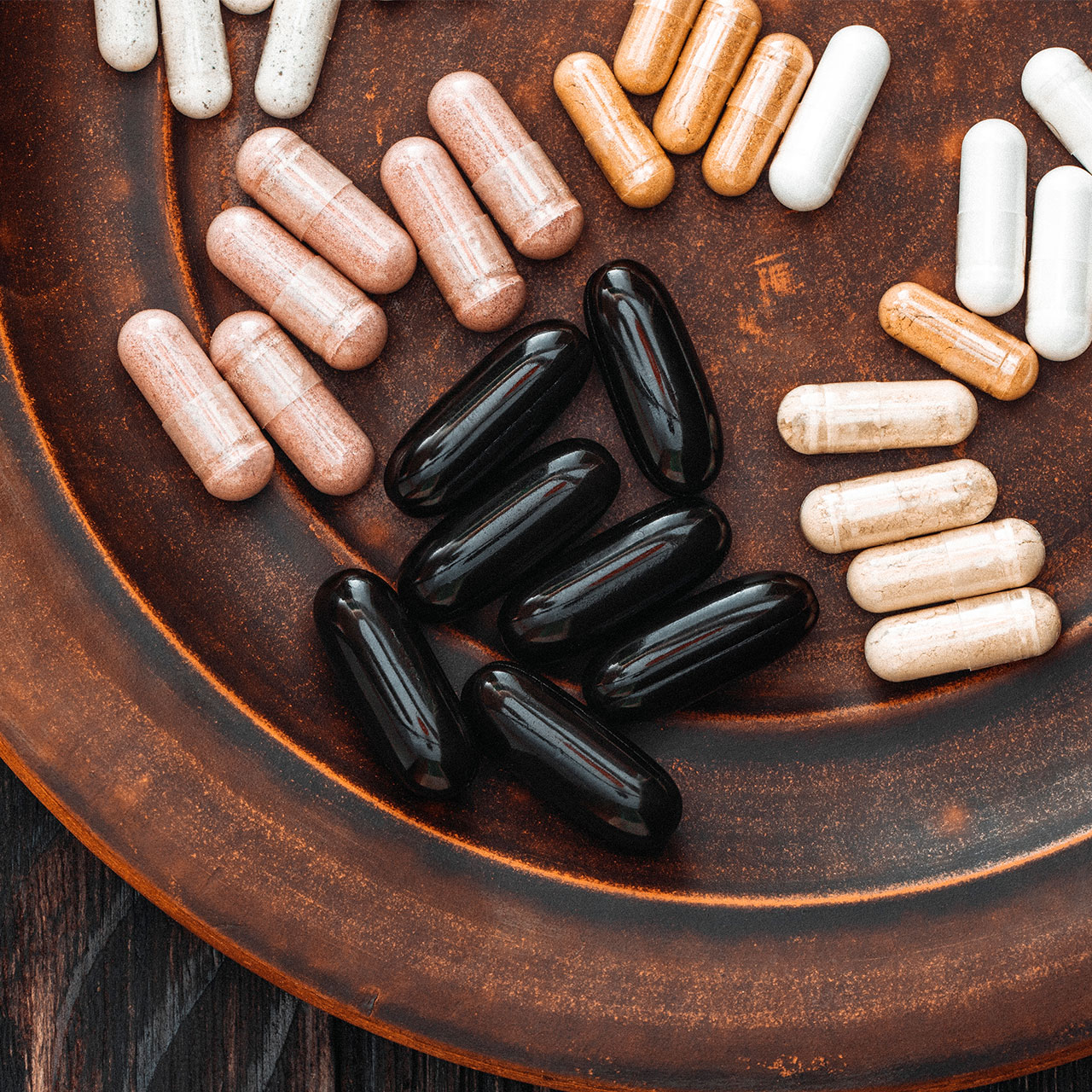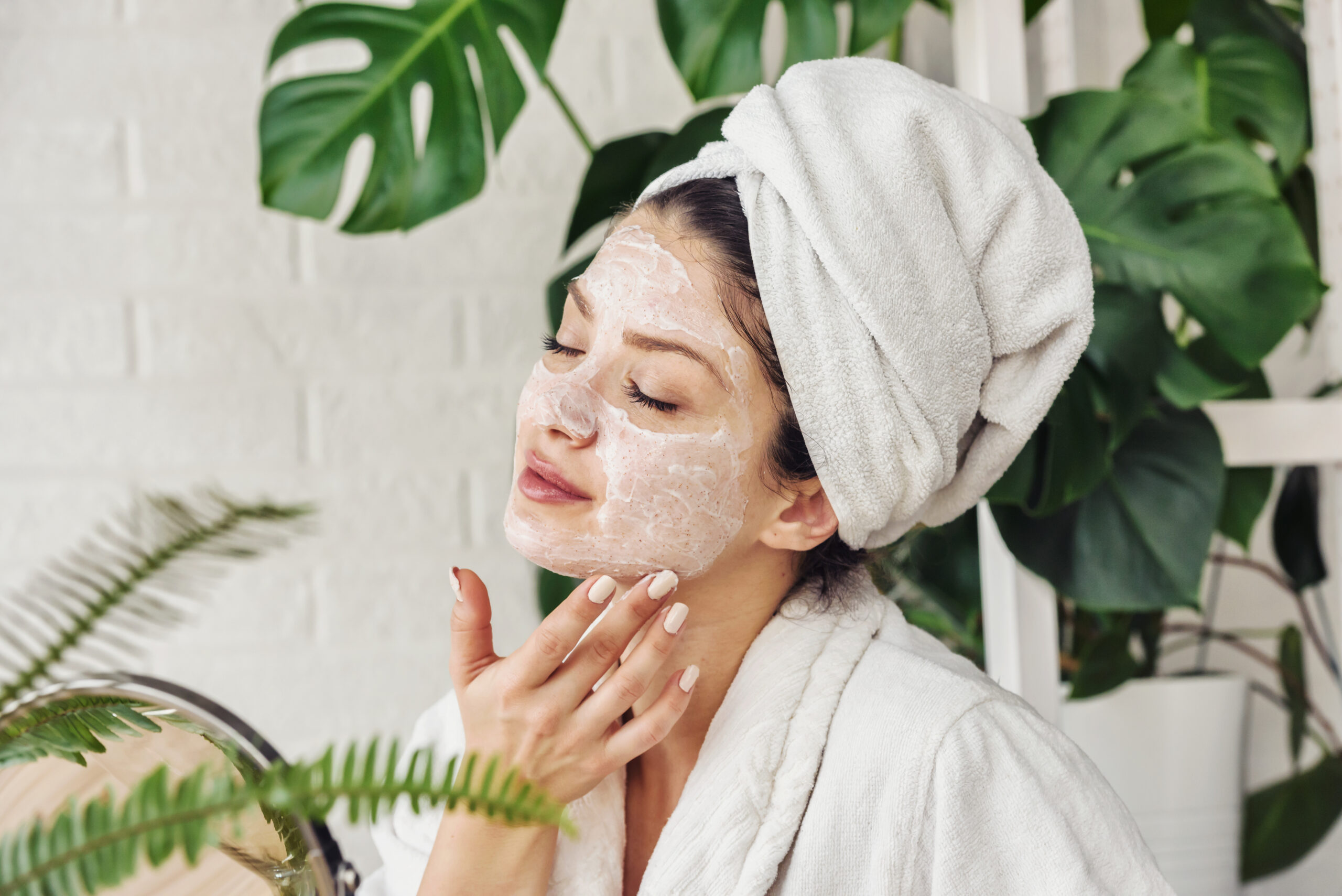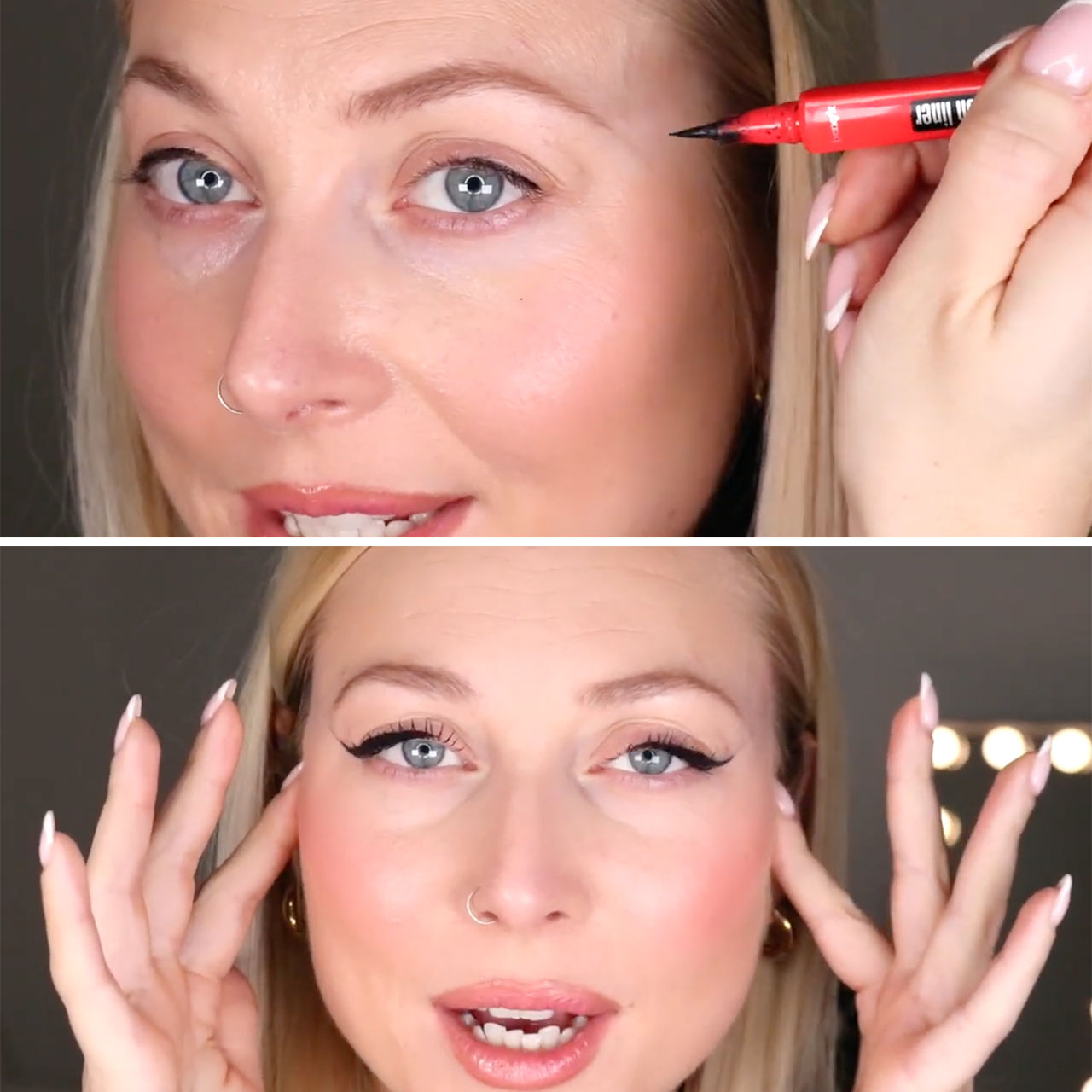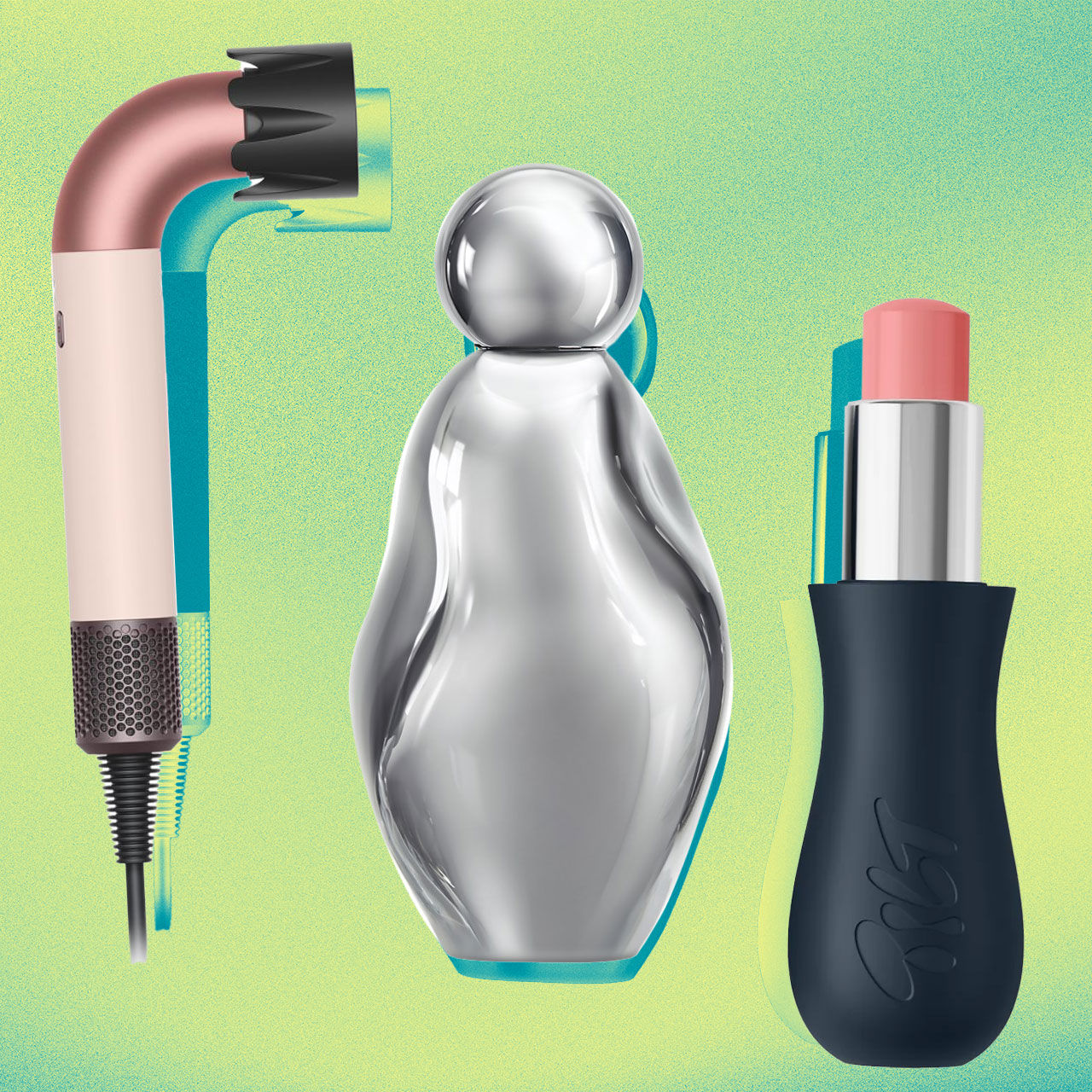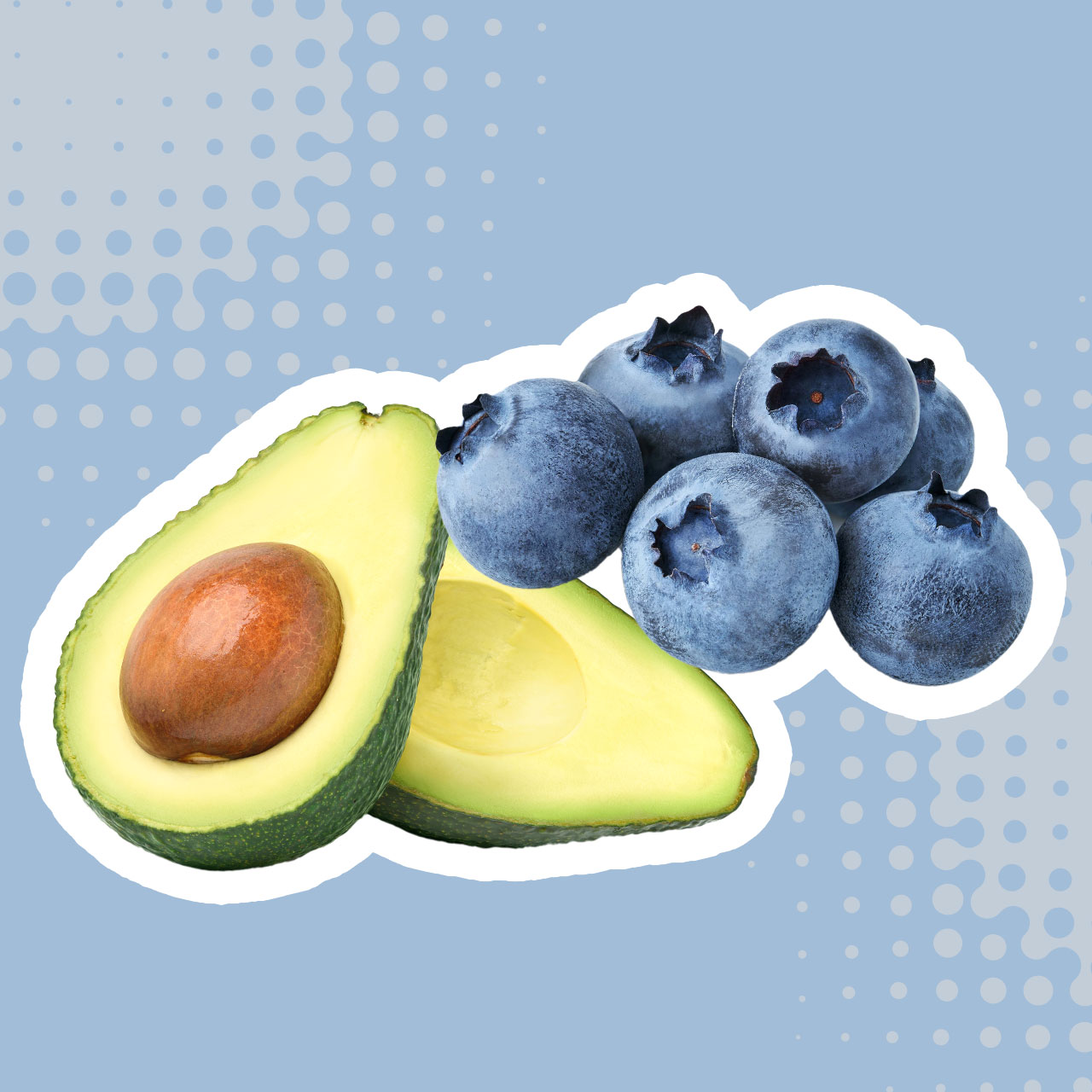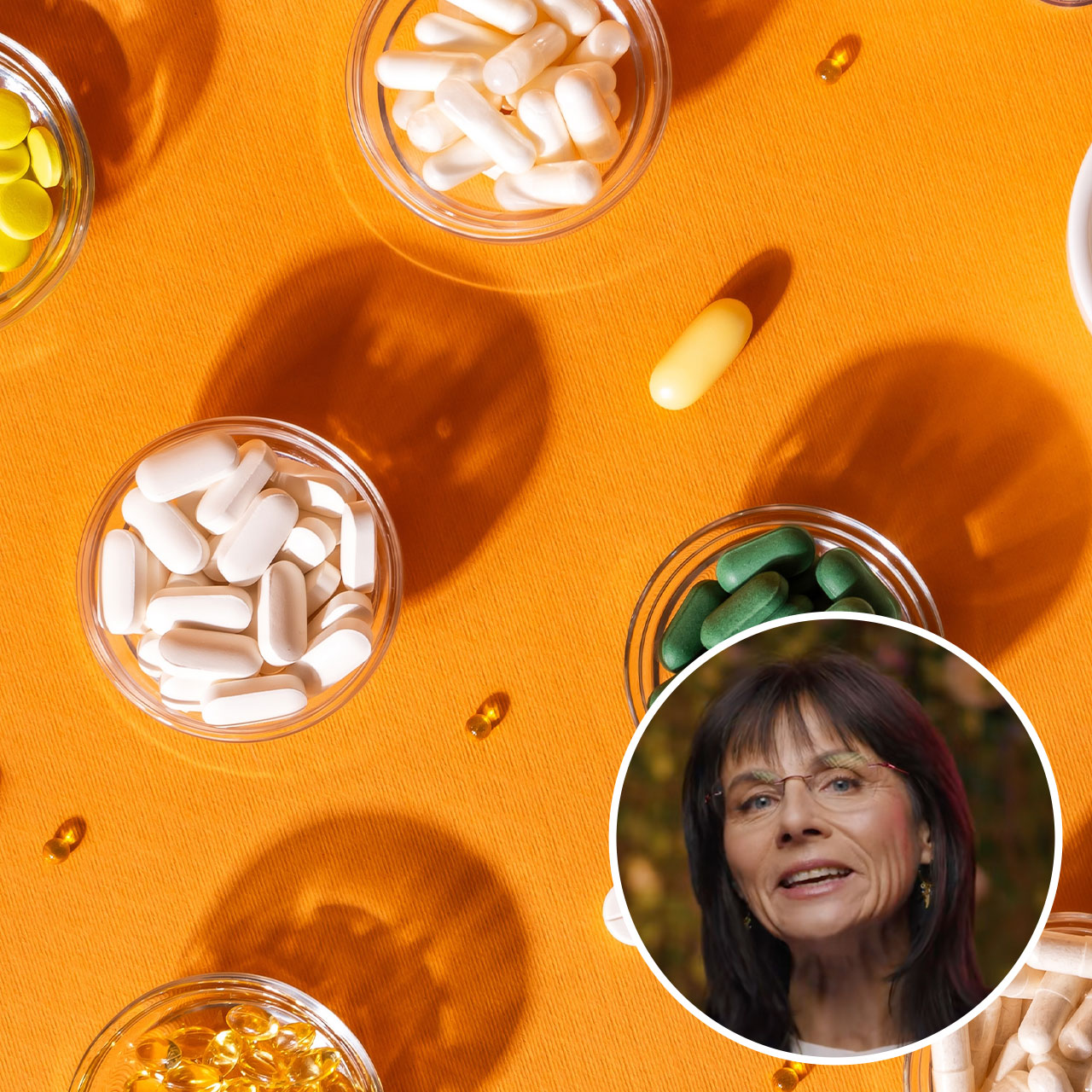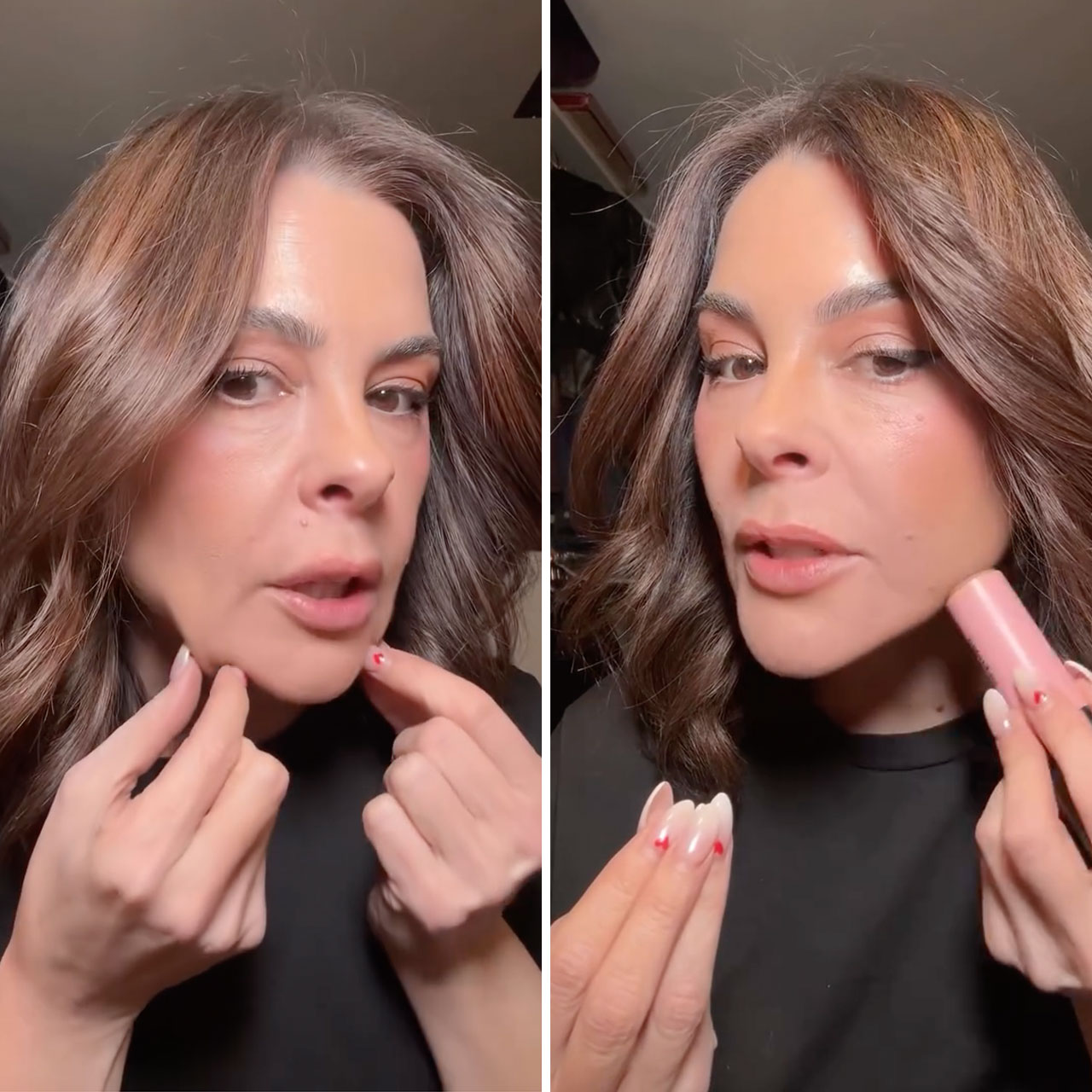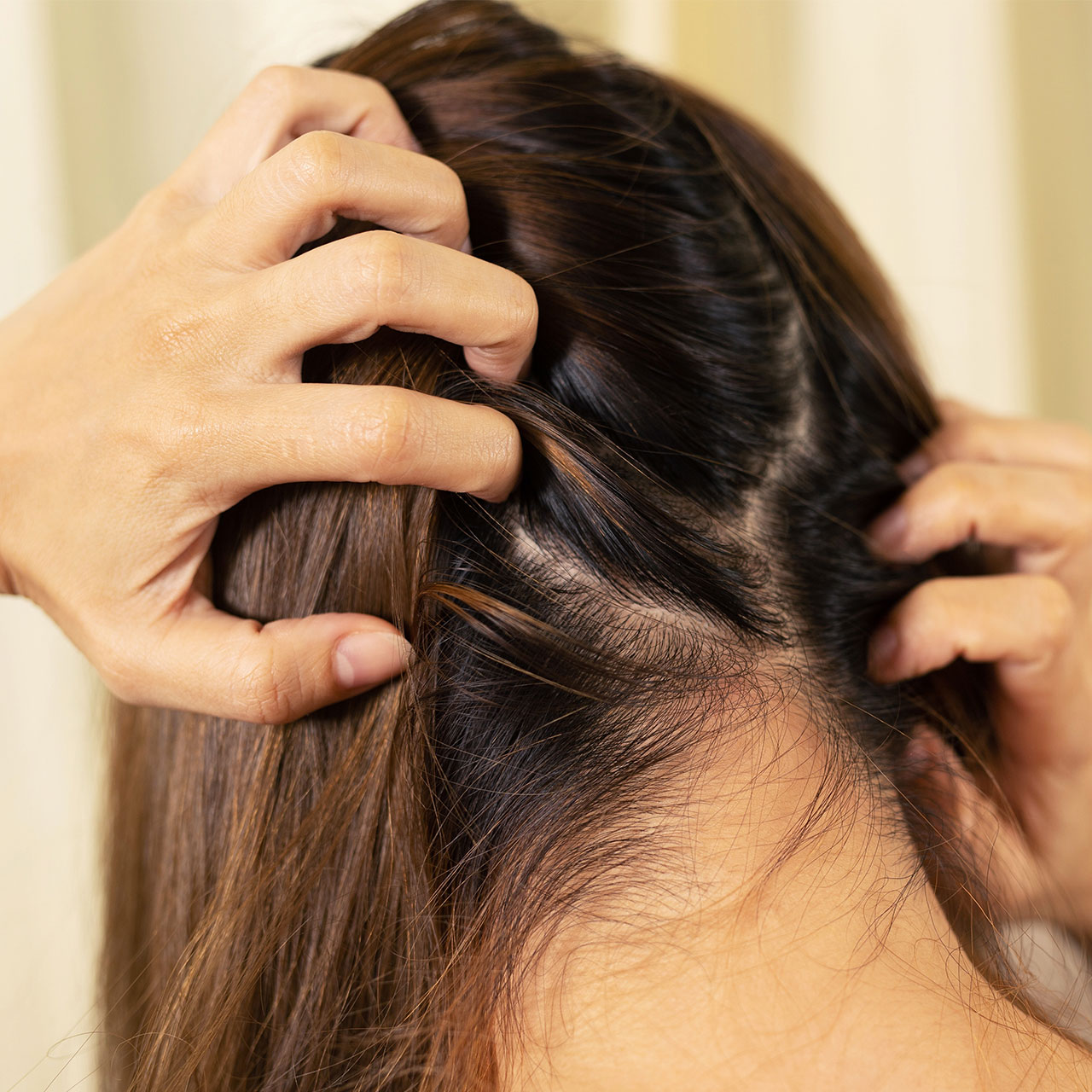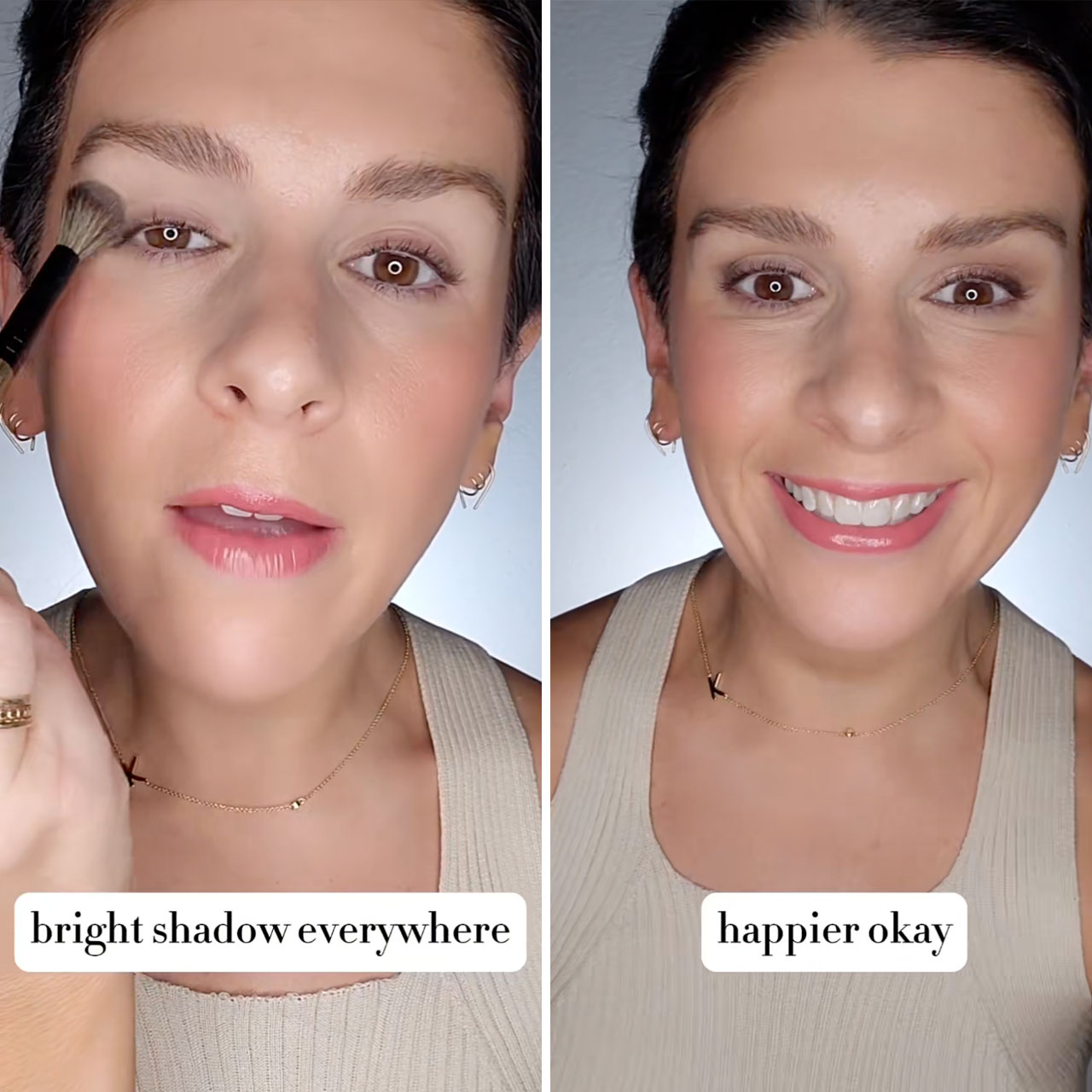This is an archived article and the information in the story may be outdated. Please check the time stamp on the story to see when it was updated last.
Using a serum is usually a great way to moisturize and hydrate your skin, but certain serum ingredients can have the opposite effect. With that in mind, if you struggle with dry skin, paying attention to your serum ingredients could be a good start to achieving long-term soft and moisturized skin.
Read on for the worst serum ingredient for dry skin according to a dermatologist!

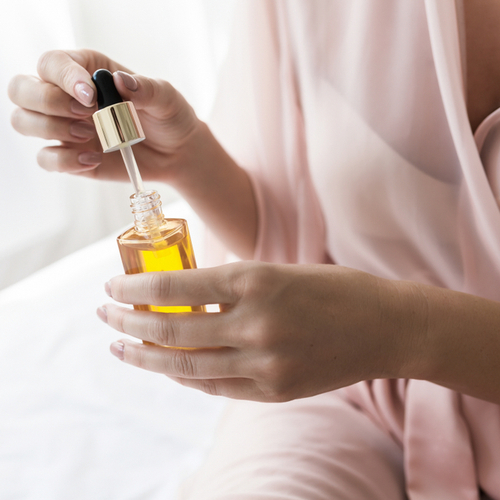
Erum Ilyas, dermatologist at Montgomery Dermatology, explains how effective serums work: "Think of serums as lightweight products with a very small particle size. They do not have the thickness or weight of a lotion or a cream and can penetrate the skin more effectively."
She continues, "If you have excessively dry skin just heaping on more and more heavy moisturizers is just not going to get you much further! This is where serums can really help."
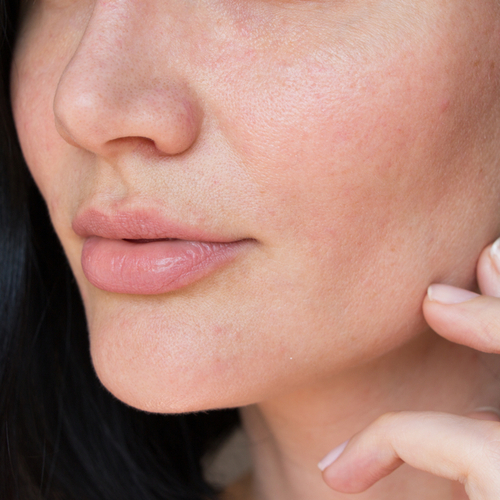
When used properly, serums can make a huge difference in the feel of your skin. She explains, "[Serums] are meant to be applied to your skin first to allow those smaller particles to get into the upper layers of the skin. Following this up with a thicker moisturizer if needed will seal in this hydration much more effectively."
With such a small particle size serums can hydrate your skin more effectively than thick moisturizers.
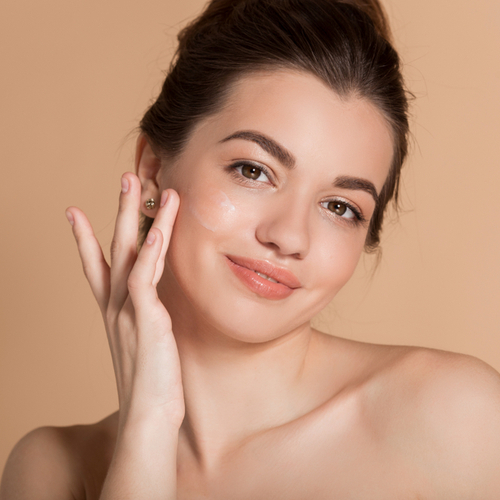
Glycolic Acid
According to Dr. Ilyas, glycolic acid is one ingredient you should definitely avoid if you suffer from dry skin.
She explains, "[Glycolic acid] works to chemically exfoliate the skin and can be particularly drying."
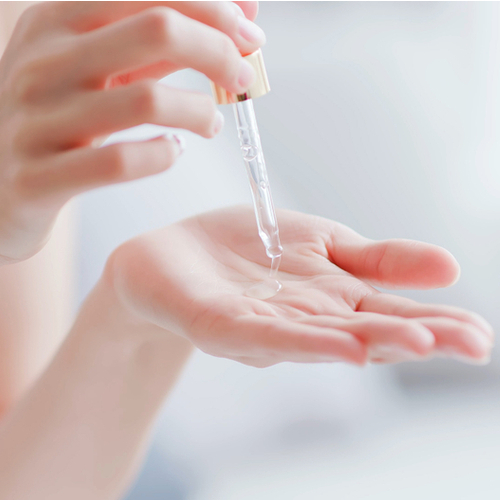
With that in mind, if you have dry skin and are currently using a serum with glycolic acid, it's a good idea to find a different serum with less harsh ingredients.
Luckily, since most serums are formulated to hydrate rather than dry the skin, it shouldn't be too hard to find a product that will moisturize your dry skin.




